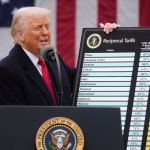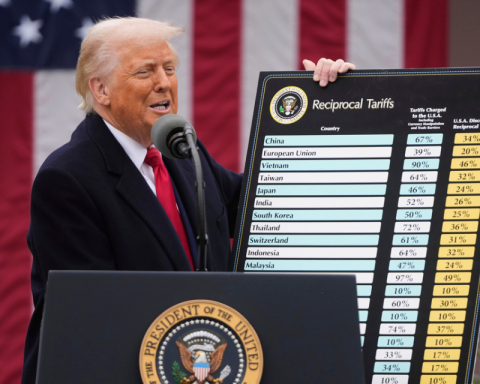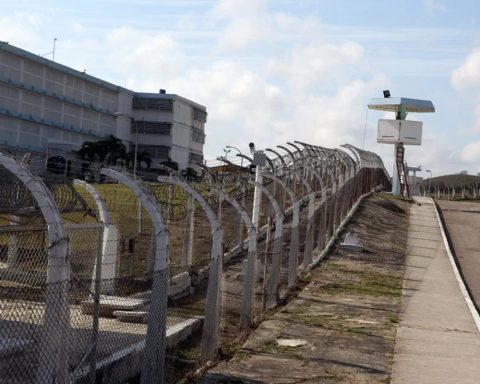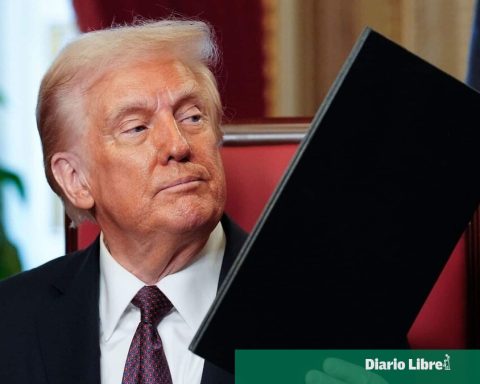This week, the Three Powers of the Republic announced an agreement to guarantee transparency, traceability and efficiency in the execution of parliamentary amendments to the Union Budget, as the changes made by parliamentarians in the Annual Budget Law (LOA) project, sent each year by the Presidency of the Republic, are called. 
The consensus was announced after a meeting of about four hours between the representatives of the Powers, last Tuesday (20), organized as an emergency measure after Minister Flávio Dino, of the Supreme Court, suspended, this month, the transfers of virtually all amendments parliamentarians to the Budget.
More than a budgetary issue, parliamentary amendments involve a political dispute, as they allow money to be directed to the electoral bases of deputies and senators.
Since at least 2015, Congress has been expanding its control over the Federal Budget. In the 2024 Annual Budget Law (LOA), for example, more than R$49.2 billion in amendments were inserted. Ten years ago, in 2014, this amount was R$6.1 billion.
The Attorney General’s Office (PGR) is currently conducting more than a dozen investigations into suspected misappropriation of funds.
Secret budget
The lack of transparency in parliamentary amendments led the Supreme Court plenary to prohibit, in a December 2022 ruling, the so-called “secret budget,” as the amendments made by the general rapporteur of the Annual Budget Bill were nicknamed. This type of amendment, whose acronym is RP9, did not allow the identification of the congressman who defined the allocation of federal funds.
After the Supreme Court imposed restrictions on RP9, however, congressmen began to use other types of amendments, such as those presented by the permanent committees of the Chamber and Senate (RP8) and individual special transfer amendments (RP6), to continue to advance in controlling the public budget in a non-transparent manner.
The special transfer RP6s, for example, were nicknamed “Pix amendments” because they allow direct transfers to states and municipalities without having to indicate where or how the money will be spent. This makes it difficult for regulatory agencies to track the funds.
In the decisions that suspended the implementation of these amendments, Dino stressed that the Supreme Court has already decided on the need for greater transparency and traceability in the release of funds, as determined by the Constitution, not allowing secret budget practices to continue to be used. The understanding was unanimously ratified by the other ten ministers of the Court.
Tug of war
For his part, President Luiz Inácio Lula da Silva has defended, in public statements, a greater budgetary balance, and that the money from the amendments be directed by parliamentarians in greater coordination with the Executive, which is responsible for applying public funds in accordance with a broader plan.
“It’s a lot of money that has no criteria in the planned budget that we make for the country,” said Lula in an interview with Rádio T, in Curitiba, last week.
Experts consulted by Brazil Agency point to the inefficiency in the application of public resources through parliamentary amendmentssince congressmen, in general, seek to meet demands with criteria that are sometimes unclear.
The Speakers of the Chamber of Deputies, Arthur Lira (PP-AL), and of the Senate, Rodrigo Pacheco (PSD-MG), in turn, firmly defend that it is the Constitution itself that guarantees the joint definition of the Budget, in a collaboration between the Presidency of the Republic and Congress. Concentrating these powers in the Executive would be a distortion of the option made by the constituents, they argue.
It was with the 1988 Constitution and the redemocratization of the country that the power over the definition of the Budget, through amendments, was returned to Congress, after having been largely limited by the 1967 Constitution, enacted during the military dictatorship and which concentrated in the Executive all the power to dispose of federal public funds.
However, it was only from 2015 onwards that rules such as impositivity, which makes the execution of certain parliamentary amendments mandatory, were inserted into the Constitution.
Under the recently announced commitment with the approval of the Supreme Court, the Executive and Legislative branches have until the end of August to present new rules that guarantee transparency, traceability and efficiency in the release of parliamentary amendments.
For now, there is no indication that there could be a retreat by parliamentarians on the large portion of the Budget they control, which currently amounts to a quarter of discretionary expenses, that is, all non-mandatory expenses available to the government.
In the joint note released by the Three Powers, a possible limitation on the rate of increase in amendments was indicated, so that “they do not grow in a proportion greater than the increase in total discretionary expenses”.
Check below the main types of parliamentary amendments to the Union Budget and the corresponding value in the 2024 LOA, with data from the Integrated Planning and Budget System (Siop):
*Individual amendments (RP6) – These have been provided for since the enactment of the 1988 Constitution. Since 2015, they have become mandatory, that is, mandatory. In 2024, R$25.1 billion in amendments of this type were authorized, R$37.9 million for each deputy and R$69.6 million for each senator. Of the total, R$8.2 billion are special transfers, the Pix amendments, which were created by Constitutional Amendment 105/2019. To date, the government has effectively paid R$14 billion of RP6 this year, of which R$4.5 billion in Pix amendments.
*Amendments from state and Federal District benches (RP2 and RP7) – These have been mandatory since 2019. In the 2024 budget, they correspond to R$8.5 billion, of which R$1.7 billion has been paid to date. Each state can collect up to R$316.9 million.
*Amendments from permanent committees of Congress (RP8) – These are not mandatory and are not provided for in the Constitution. The existence of these amendments is stated in Resolution 1/2006 of the National Congress. Each permanent committee of the Chamber, Senate or Joint Committee may present them. In 2024, they correspond to R$15.4 billion in the budget, of which R$7.4 billion has already been effectively paid.

















